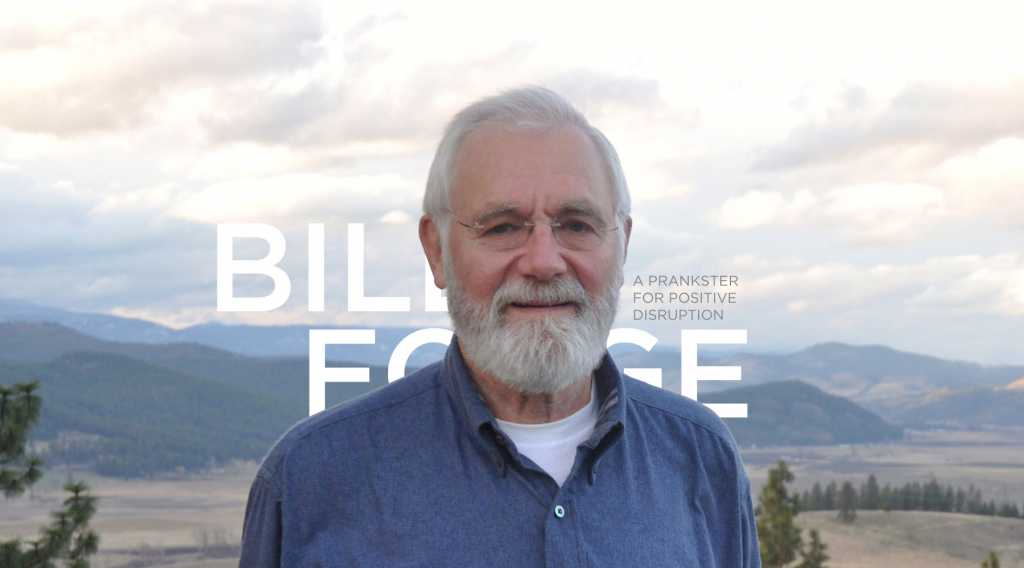Page 111 • (1,204 results in 0.054 seconds)
-
designer in 2016. He previously worked as a freelance graphic designer for various clients, including the University of Washington Tacoma. He earned an Associate of Applied Science in graphic design at The Art Institute of New York, as well as a bachelor’s in media art and animation from The Art Institute of Pittsburgh. Sam O’Hara ’16, Web/UX Designer and Animator Sam O’Hara graduated in 2003 from Western Washington University. She received her MBA at PLU in 2016, and has designed for past clients
-
both search for and apply for on-campus jobs. A few days after submitting your application, contact the hiring supervisor via phone or email to make sure they know you are serious about the position for which you applied. If you are interested in a state work study job, contact the listed hiring supervisor. Make sure to be very specific about the position you are applying for and ask the hiring supervisor to explain the interviewing and hiring procedures. As with on-campus jobs, it’s a good idea to
-
elective requirements. Therefore, GI Benefits may be applied toward the tuition component of study away fees provided the program meets GI Benefit requirements. GI benefits may not apply toward short-term study away program fees. Veteran students should consult their benefits coordinator. Learn more here. Are you a child dependent of an active duty service member? If so, you might be eligible to apply for the Gilman-McCain Scholarship funded by the US Department of State.
-
knowledge in practical ways. The breadth of study allows students to integrate their knowledge from various sub-disciplines and understand different methodological approaches. At the same time, the curriculum provides room for students to pursue their special interests in depth. Therefore, biology graduates are prepared for a wide range of opportunities after graduation. The upper-division courses are grouped by major conceptual ideas as such ideas are applied at the different levels of biological
-
. Required for social work majors. Prerequisite: SOCI 101. (4) SOCW 245 : Human Behavior and the Social Environment - ES Students examine developmental theory through the lens of an ecological systems perspective and a biopsychosocial-spiritual framework, emphasizing power, privilege, and cultural differences (particularly race/ethnicity, gender, and sexual orientation) as applied to individuals, families, groups, institutions, organizations, and communities locally and globally. Volunteer experience is
-
Forum; and the moderator for the Ruth Anderson Public Debate Series. He teaches class such as Applied Research, Argumentation & Advocacy, Introduction to Communication, and Gender & Communication. Dr. Eckstein’s research explores argumentation and debate. His work has appeared in Communication and Critical/Cultural Studies, The Quarterly Journal of Speech, Western Journal of Communication, Communication Studies, Contemporary Argumentation & Debate,The Journal of Argumentation in Context
-
saxophone school with ArtistWorks. In Eric’s school there are over 200 video lessons, tracks, songs, exercises and more for every level of player from beginners to advanced players. Students can also take advantage of the Video Exchanges where they can submit a video of whatever they are working on and Eric posts a video response for the students to see. Eric has also written 3 instructional books, “Comprehensive Jazz Studies & Exercises”, The Ultimate Jazz Play Along” and “The Music Of Eric Marienthal
-

2012 Presidential Medal of Freedom. Curt Malloy ’88 Juggling his way to a career in global health. Tom Paulson ’80 Spreading curiosity, caring and compassion through ‘Humanosphere.’ So yeah; he’s pretty much Mr. (or, OK, Dr.) Global Health. In 2012, President Barack Obama awarded Foege the Presidential Medal of Freedom in recognition of all his achievements in international public health. And in November 2013 Foege shared lessons he’s learned—from his distinguished career, and from life—with a rapt
-

also get to see my patients share their last laugh or last tears with their loved ones. No matter what the outcomes are, I am honored to be a part of their struggles and triumphs. I look at nursing as an opportunity to grow as a person, to contribute to something or someone other than myself, and to empower others to become the best version of themselves. What motivates you? I’m motivated by the life lessons I’ve learned from my patients. Working in the ICU has allowed me to see that good health is
-
doubt, the greatest journey takes place internally—we know it, and our alumni tell us all the time. To help you process your experience, we recommend that you start a blog or keep a journal of your time abroad. Keeping a record of your cross-cultural experiences encourages you to think about, interpret, and analyze cross-cultural situations. Learning how to do this is one of study abroad’s most valuable lessons, so take advantage of the opportunity! Here are eight tips for getting the most out of
Do you have any feedback for us? If so, feel free to use our Feedback Form.


